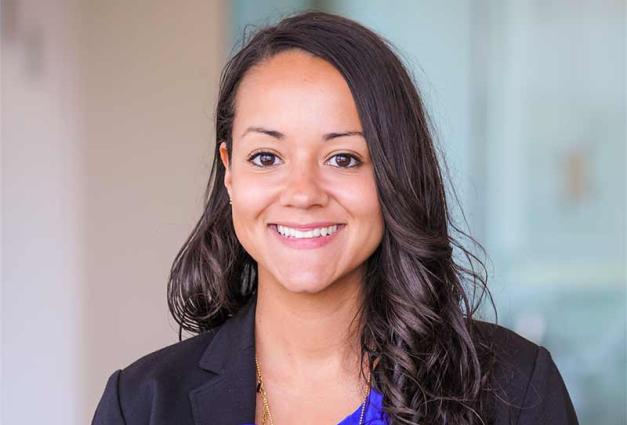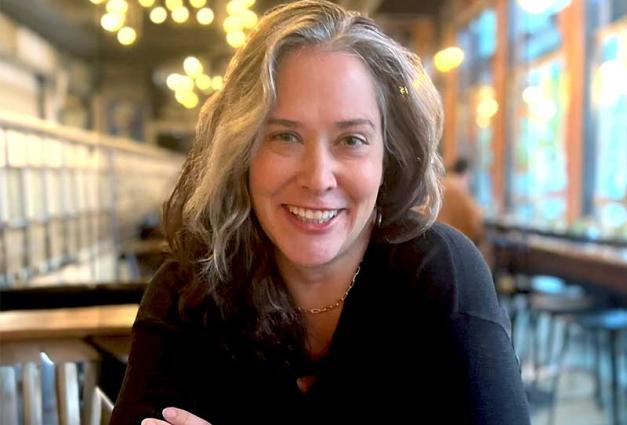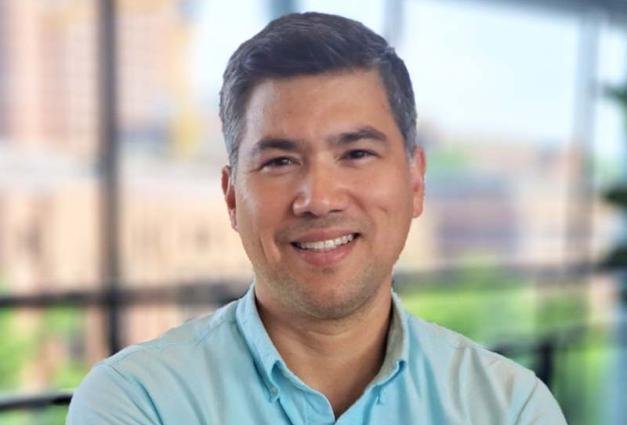Jason Weaver is an assistant professor in the Department of Psychology at Colorado College in Colorado Springs, CO. He earned his Ph.D in Psychology from the University of Minnesota in Minneapolis, MN. Jason's research examines identity and the effects of consistency motivation. He has a particular interest in the complex interplay between people and situations. He has also studied self-fulfilling prophecies, voting behavior, sport performance, intercultural interactions, and romantic relationships.
Can you recall a person that influenced you or led you to decide that personality and social psychology was the path for you?
Dr. Sharon Akimoto played a really influential role in my choice of career path. When I took her Introduction to Psychology course at Carleton College, I decided to major in psychology. When I took her Social Psychology course, I decided to apply to graduate school in social psychology. She has a knack for explaining why academic material is important, and her passion is infectious. In her social psychology course, I was most struck by the big questions that social and personality psychologists ask, and she helped me to believe that I could work towards answering them.
If you could instantly become an expert at something, what would it be?
I would love to be an expert at statistics. The quantitative discipline is moving so quickly that it is difficult to keep up with any branch of analysis beyond what we use for our own research, let alone become expert. At the same time, our approach to data analysis is so crucial in informing all phases of our work. Being better versed in statistics would help me to more fully appreciate my colleagues’ work (as well as my own!).
Do you have a favorite course to teach and why?
I have two favorite courses, and they are quite different from each other. First, I enjoy teaching our introductory methods and statistics sequence. I love watching students develop the skills to test their real-world, big questions using the norms and tools of our discipline. Second, I regularly teach a course on the Japanese American incarceration during WWII. We primarily use a social psychological lens to consider the decisions of policy makers and the experiences of Japanese Americans. Although emotionally and intellectually exhausting, this course allows us to think about how we can apply basic science. It has also helped me to form connections with folks from other disciplines and walks of life.
What are your current research interests?
My research generally focuses on identity and threat. Currently, I am most interested in sexual and political identities. For sexual identities, my students and I have proposed that attraction to men and attraction to women are distinct dimensions of sexual attraction, but are conflated by most measures of sexual orientation. We recently published a novel measure that disentangles these dimensions and are studying the ways in which they might each predict different outcomes. Regarding political identities, we have been examining the ways in which political orientation and the emotion of contempt might influence political behavior. We have also been examining multilingualism and intellectual humility‘s effects on fake news belief.
In what unique ways have you involved students in your research?
I love working at a small liberal arts institution because I get to collaborate with smart, motivated, hard-working students who are as excited to do research as I am. Because my students often come to me with interesting ideas and good critical thinking skills, I get to involve them in all stages of research. Whether it is sitting in a booth at Pridefest collecting data, cry/laughing because we just realized that one of our variables (which we used in every analysis for the last week) was scored incorrectly, or celebrating an article acceptance, the research experience in my lab is shared. It is rewarding to watch students take ownership of our work.
Outside of psychology, how do you like to spend your free time?
Most of my time outside of work is spent with my two daughters. I also coach track and field; specifically pole vault, javelin and discus. I tend to enjoy tasks that get me to use my hands and mind together, such as remodeling the house and maintaining our aquariums.
What’s the best advice you have ever received?
My mom always told me to focus on the things that I could control and not to worry about the rest. That approach has helped me in a variety of circumstances, both personal and professional. It can be really liberating to put my energy into those areas where I have agency rather than dwelling on circumstances beyond my control.




